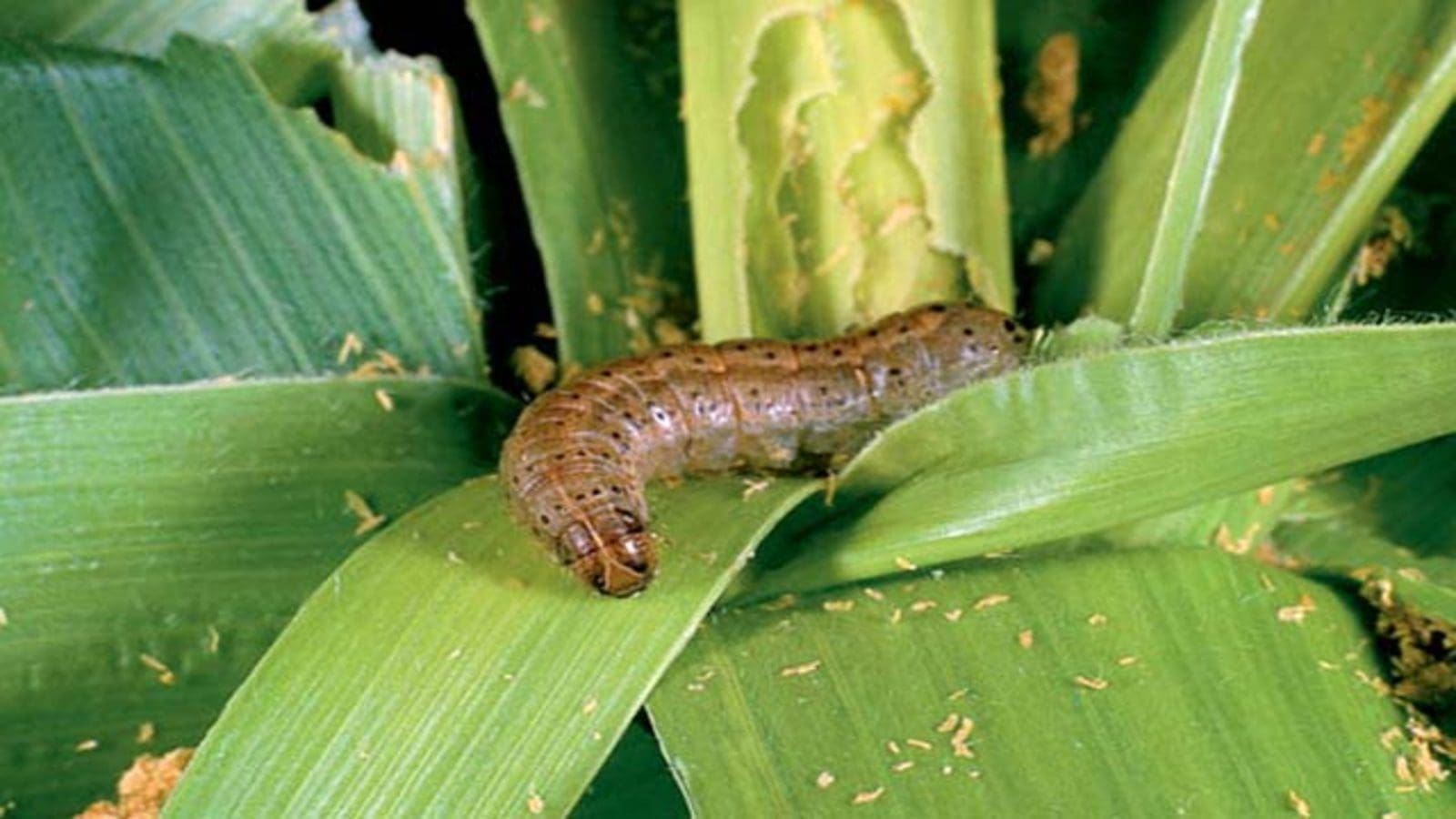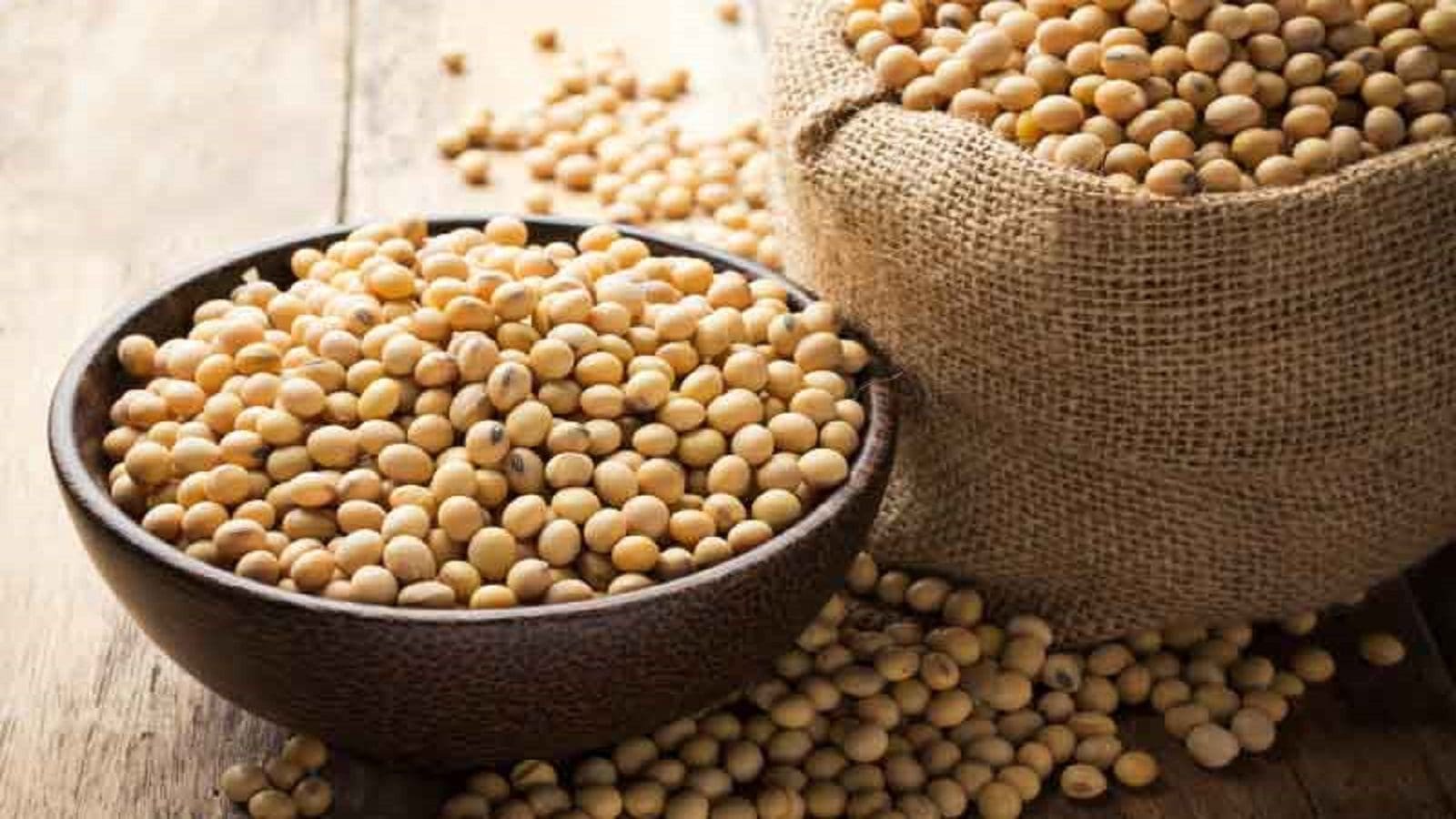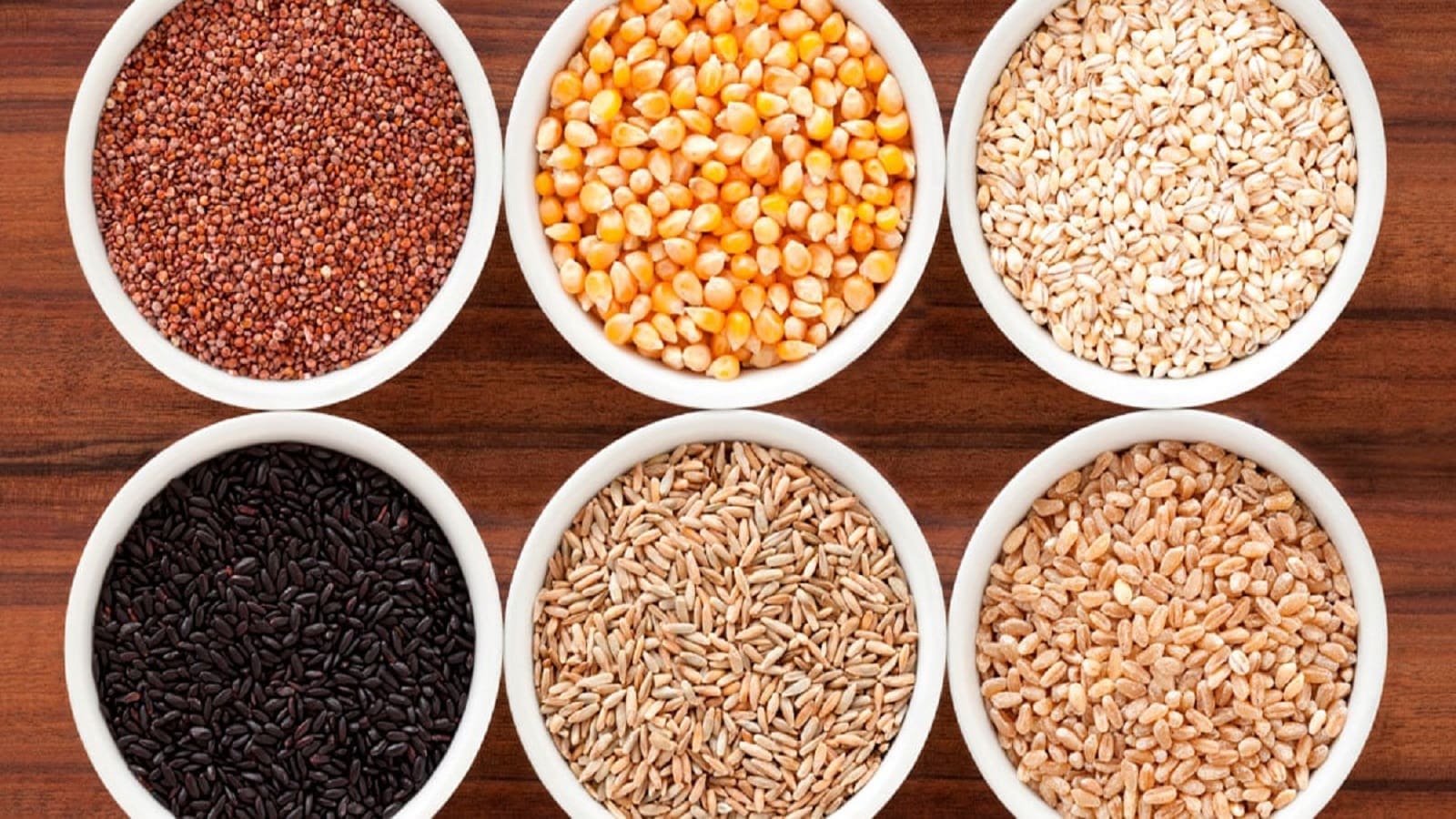AFRICA-Fall army warms (Spodoptera frugiperda) continue to endanger the majority of Africa’s maize crops according to new research published in Frontiers in Insect Science journal.
This study was conducted by scientists from the University of Minnesota’s GEMS Informatics Center, and CABI’s Dr. Roger Day, Global Advisor, Plant Health.
Outbreaks of fall armyworms in Africa were first observed in southwest Nigerian maize fields in January 2016 and thereafter, the pest has spread to more than 40 African countries.
In the publication, the researchers highlighted that most of the African maize crop is grown in areas with climatic conditions that support seasonal infestation of the pest.
In this study, 3,175 geo-tagged occurrences of the fall armyworm were assembled worldwide, and the data was used in conjunction with information about the physiological requirements of the pest to spatially assess its global climate suitability.
From the outcome, almost 92% of Africa’s maize-growing areas support the year-round growth of fall armyworms.
Alarmingly, 95% of the crop is also deemed climatically suitable for fall armyworms and at least three or more pests like the maize stalk borer, Western corn rootworm, and Asiatic witchweed.
Also, the study revealed that over half (52.5%) of the African maize area believed to be suitable for fall armyworms is at further risk from an additional nine pests, while over a third (38.1%) of the area is susceptible to an additional 10 pests.
Previously, CABI scientists had conducted the first comprehensive study in 2021 on the economic impact of a range of Invasive Alien Species (IAS) on Africa’s agricultural sector.
The outcome showed an estimated US$65.58 billion of yield was lost due to overall AIS. Moreover, the fall armyworm alone caused the highest annual yield losses at US$9.4 billion according to the comprehensive study.
Dr. Senait Senay, the lead author from the University of Minnesota, said, “The spatial concurrence of climatically suitable locations for these pests raises the production risk for farmers well above the risks posed by fall armyworm alone.”
In affirmation, professor Phil Pardey, co-lead author of the study said that there is an exceptionally risky production environment for African maize producers.
In a statement, he added that there is a need for substantive and complex implications for developing and implementing crop breeding, biological, chemical, and other crop management strategies to help mitigate these multi-peril risks.
The study, which is part of a broader GEMS informatics effort concerning Global Pest Risk Analytics, concluded that crop management may benefit more from genetic solutions and environmentally friendly biological control agents.
For all the latest food industry news from Africa and the World, subscribe to our NEWSLETTER, follow us on Twitter and LinkedIn, like us on Facebook and subscribe to our YouTube channel










